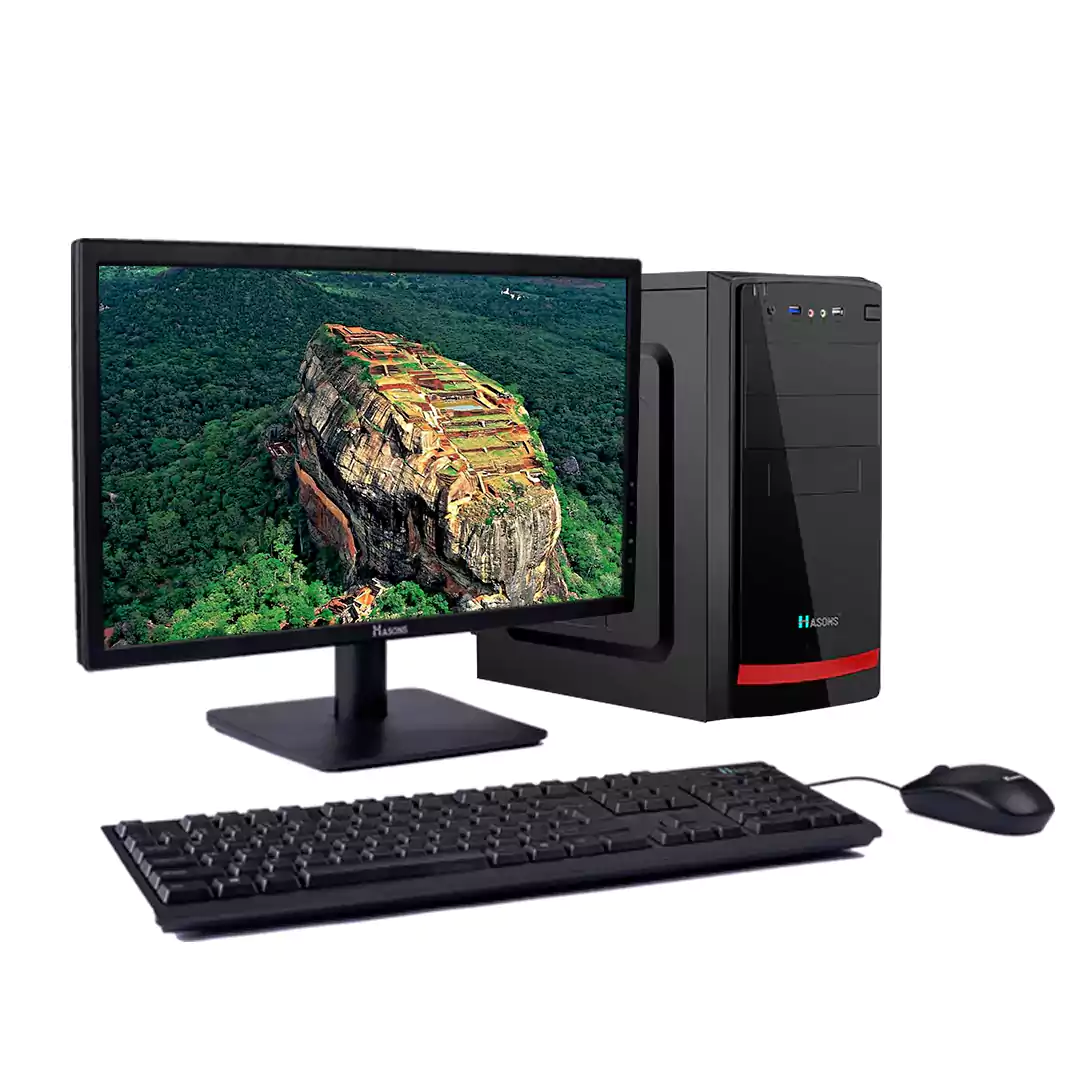Analog Computer vs Digital Computer: Understanding the Differences between the Two Types of Computer
In the realm of computing, two fundamental types of computers have played significant roles in shaping our technological landscape – Analog Computers and Digital Computers. These two distinct categories differ in their principles of operation, applications, advantages, and disadvantages. In this article, we will explore the differences between analog computer Vs digital computer, providing insight into their individual characteristics and importance in today’s world of technology.
Explanation of Analog Computers and Digital Computers
Learn Analog and Digital Computers in depth with explanation, importance, advantages and examples:
Analog Computers
An analog computer processes data in continuous, varying signals, representing real-world phenomena with physical quantities such as voltage, current, and temperature. The computations in analog computers occur through the manipulation of electrical signals, allowing them to solve complex mathematical equations and simulations. These machines have been historically significant in areas such as engineering, scientific research, and industrial automation.

Digital Computers
In contrast, digital computers operate using discrete binary digits – 0s and 1s. They employ digital logic circuits to process data and execute operations with high precision. Digital computers are more prevalent in modern computing due to their versatility, accuracy, and ability to perform complex tasks like data analysis, software development, and general-purpose computing.

Importance of Understanding the Difference between Analog Computer vs Digital Computer
Understanding the differences between analog computer vs digital computer which are essential for various reasons. Firstly, it helps professionals and researchers choose the most appropriate type of computer for their specific tasks. While analog computers excel in handling continuous data, digital computers are more adept at handling discrete information, making them suitable for many modern applications.
Secondly, comprehending the distinctions aids in appreciating the historical significance of analog computers and their role in laying the groundwork for digital computing. Analog computers were the pioneers in computing technology and played a vital role in early scientific and engineering endeavors.
Analog Computers Definition and Explanation
An analog computer is a type of computing device that operates using continuous physical signals to perform mathematical calculations and simulations. These computers translate real-world variables into corresponding electrical signals, allowing them to model complex systems and perform various mathematical operations.
Now, understanding this concept is simple and entertaining for Hasons. Using the Hason website you can always stay one step ahead in your job, business, or studies by purchasing New Age Desktops and All in One Desktops, i3 Intel Core Processor Desktop starting from 15000/-. Monitors, CPUs, and Gaming Desktop are also available. Register on Hasons and order your Tech Partner Now. Get exciting offeNrs and benefits on your every purchase. Contact us so our support team can guide you in purchasing the right Tech Partner.
I5 Core 10th Generation Desktop | Motherboard H410 | 8GB RAM | 512 SSD| 21.5 Inch Screen | Keyboard And Mouse
Shop Now
Advantages and Disadvantages of Analog Computers
The advantages of analog computers lie in their ability to process complex equations with ease and efficiency. They are particularly useful in situations where continuous data needs to be analyzed or simulated. However, their accuracy is limited by factors like signal noise, and they lack the versatility of digital computers for general-purpose computing tasks.
Examples of Applications
Analog computers have found applications in areas like control systems, weather prediction, fluid dynamics simulations, electronic circuit analysis, and solving differential equations.
Digital Computers
A digital computer is a computing device that operates using discrete binary data, represented as 0s and 1s. These computers use digital logic circuits to process data and perform calculations with a high level of accuracy and repeatability.
Advantages and Disadvantages of Digital Computers
Digital computers excel in their precision, allowing them to provide accurate results consistently. They are also programmable, making them adaptable to a wide range of tasks and applications. However, digital computers may not be as efficient in handling continuous data as analog computers in certain situations.
Examples of Applications
Digital computers are widely used in various fields, including data analysis, software development, artificial intelligence, gaming, communication, and virtually all aspects of modern computing.
Difference of Analog Computer Vs Digital Computer
| Category | Analog Computer | Digital Computer |
| Operation | Process continuous signals | Process discrete binary data (0s and 1s) |
| Speed and Accuracy | Limited accuracy due to signal noise | High accuracy and repeatability |
| Cost and Complexity | Generally simpler and cheaper to build | More complex and costly to manufacture and maintain |
Conclusion of Analog Computer vs Digital Computer
In conclusion, analog and digital computers represent two distinct paradigms in computing, each with its unique strengths and applications. Analog computers excel in continuous data processing and have been instrumental in various scientific and engineering domains. On the other hand, digital computers have revolutionized modern computing with their precision, versatility, and ability to handle discrete data effectively. Understanding the differences between these two types of computers allows us to harness their capabilities optimally, driving innovation and progress in the field of technology.
| If you are reading Analog Computer vs Digital Computer then also check our other blogs on various topics: | |||
| Difference between Desktop and Monitor | Types of Computer | ||
| SSD For Desktop | DDR3 vs DDR4 | ||
| Benefits of computer for students | Operating system | ||
Analog Computer Vs Digital Computer FAQs

